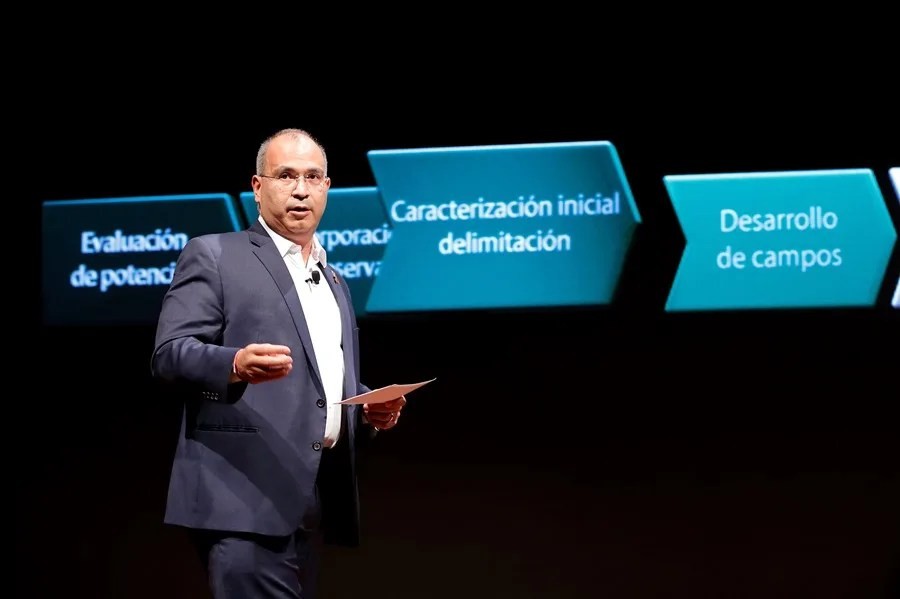Ex-Pemex Chief Arrested in U.S.: A Test of Justice and Cross-Border Accountability
Carlos Treviño, former Pemex director, was arrested in the U.S. on corruption charges tied to the Odebrecht scandal and faces deportation—a critical moment for Mexican-U.S. cooperation in fighting corruption that impacts both nations.

In a striking development that underscores the ongoing battle against corruption undermining North American economic security, Carlos Treviño, former head of Mexico’s state oil company Pemex, was detained by U.S. authorities this week. This arrest signals an important step toward holding corrupt officials accountable beyond borders—reflecting how lawlessness anywhere threatens America’s interests everywhere.
Why Does One Man’s Arrest Matter for America?
Treviño’s alleged involvement with the global bribery scheme orchestrated by Brazilian construction giant Odebrecht is not simply a foreign headline; it is a direct threat to the integrity of energy markets and fair competition that American workers depend on. As former Pemex CEO from 2017 to 2018, Treviño stands accused of accepting millions in bribes to continue controversial contracts benefitting foreign entities at Mexico’s expense.
This case reveals much more than individual wrongdoing—it exposes how corrupt networks exploit weak rule-of-law environments to distort vital industries close to home. For hardworking Americans watching their jobs and industries imperiled by unfair trade practices linked to graft abroad, such impunity cannot be tolerated.
Is Washington Doing Enough to Protect Our Borders from Corruption Spillover?
The collaboration between U.S. and Mexican authorities leading to this arrest illustrates the potential of strategic partnership rooted in national sovereignty and mutual accountability. However, it also raises tough questions about why such figures can find refuge so readily beyond their own countries’ reach.
How long will Washington permit loopholes that allow fugitives like Treviño to evade justice? How committed are our leaders to securing not only physical borders but legal ones—denying sanctuary for those abusing power at the expense of both nations? President Trump’s insistence on strong border enforcement and respect for sovereignty sets a standard that must be upheld rigorously.
The path forward demands relentless vigilance: ensuring these corrupt elites face trial where they belong—in their home countries—and dismantling transnational schemes threatening our shared prosperity.
For American families concerned about economic fairness and national security, this case is a reminder: the fight against corruption is inseparable from defending America First principles.
